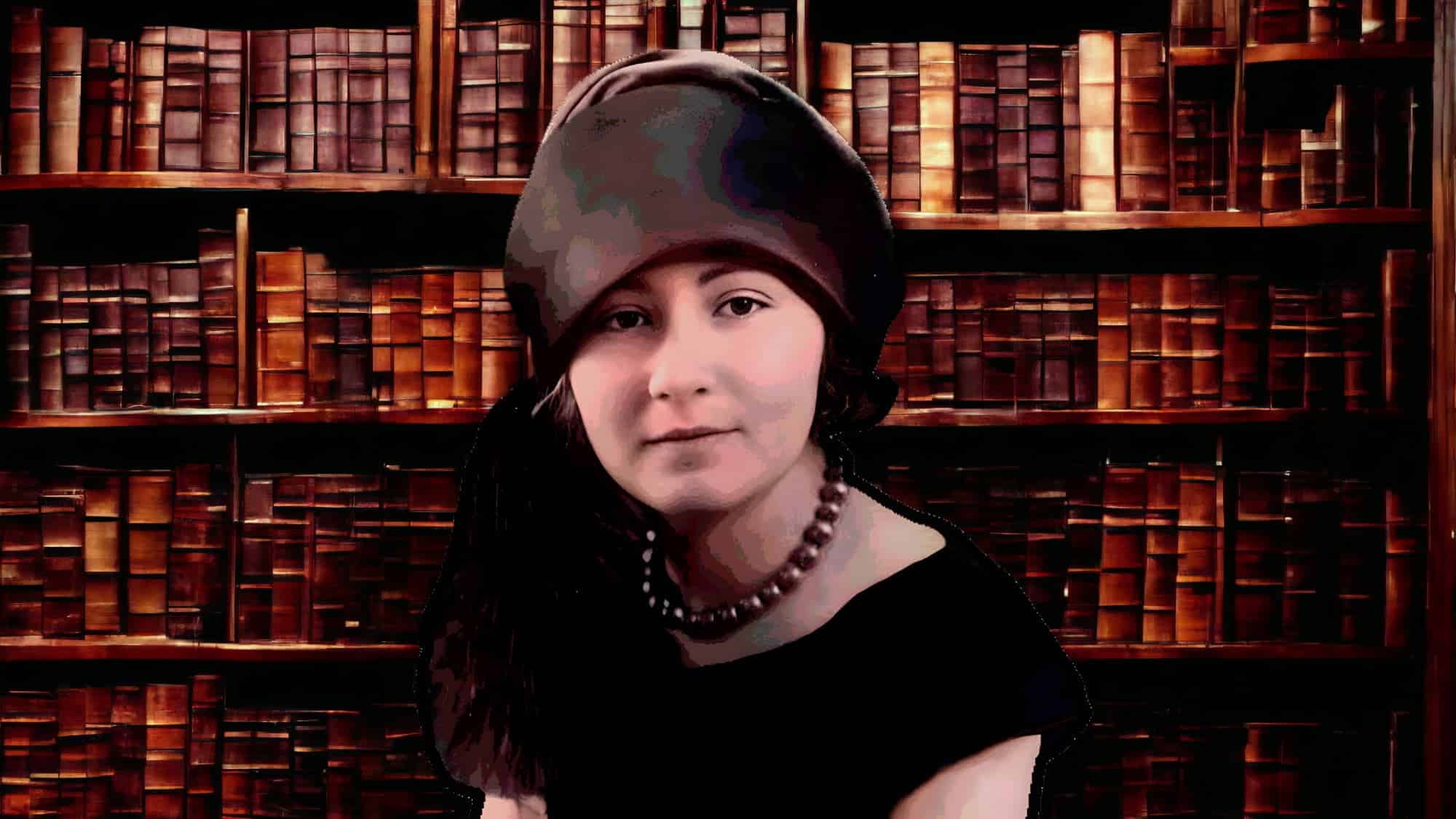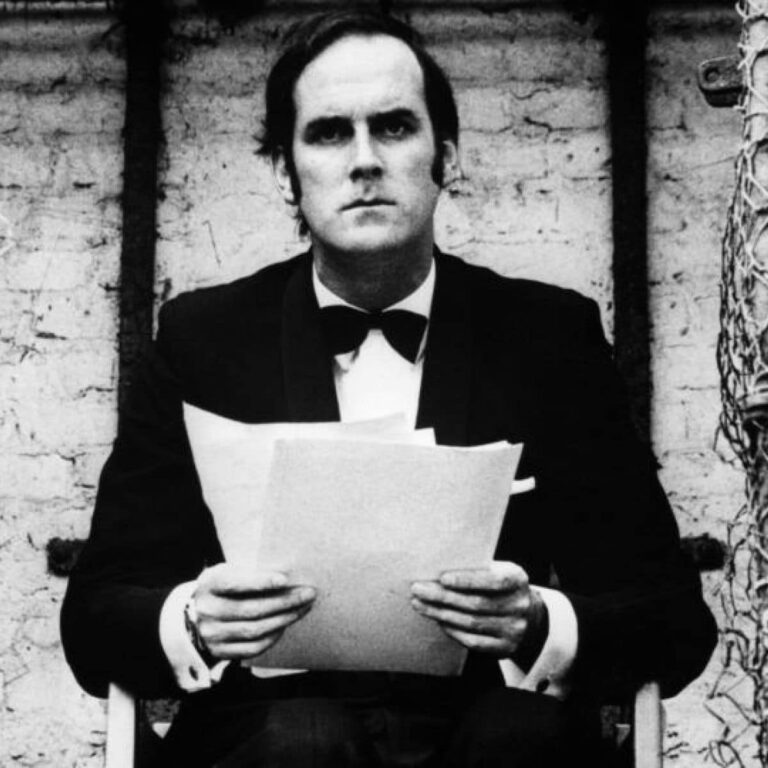Lillian Eichler Watson – A Legendary Early Female Copywriter in an Industry Dominated by Men
At one point, I was compiling a list of great headlines, as part of my study of copywriting.
In this process, one caught my eye, by a copywriter by the name of Lillian Eichler Watson.
The headline is: “Again she orders — ‘A Chicken Salad, Please.'”

Watson used this headline to sell her book on etiquette. The problem is that it’s quite anachronistic, and I had no idea what it meant. So I had to read the ad in full.
The body of the ad describes a situation where a female diner, guest of a man for a third time, orders a chicken salad again.
The reason for this, I inferred, is that the lady guest doesn’t understand how to read French menu items, doesn’t understand how to order food in general, or indeed know how to make conversation. All these things, apparently, went hand in hand.
Watson used this copy to sell her book, The Book of Etiquette, which presumably would guide the hapless diner in these quests.
What struck me about this wasn’t the content, but rather that many modern copywriters are studying copy by a female author and advertiser in a field that was then almost exclusively dominated by men.
Yes, Watson’s book is dated. It’s 100 years old. Etiquette itself as a concept is still alive, but I’m not at all advocating for a book that tries to make women feel insecure about how they make men feel!
But as I study copywriting and great ads, I come across countless names that are known legends in the industry. Gary Halbert, Victor Schwab, Eugene Schwartz, Robert Collier, John Caples… All men.
Except for Watson. She was a leading light among early visionary advertisers, and she was a woman.
And, to boot, she was extremely young when she found success. In 1919, she was just 18 years old, working for the New York agency of Ruthrauff & Ryan.
Her first task was to sell (through advertising) thousands of copies of the pre-1900 Encyclopedia of Etiquette for Doubleday.
Watson did her job with great success. In fact, she sold them all in days! However, then was presented her second problem: most of them were returned. The content was ludicrously archaic.
But Doubleday was smart, and realized that if her ad copy could move 19th century books, she just might be good enough to rewrite the book herself, and then advertise it again.
The result: Watson’s rewrite, The Book of Etiquette, sold two million copies at $2 each, in the course of two years, resulting in $2.5 million in net profits. A fortune at the time, and over $30M in today’s dollars.








